FASCIST MUSIC
|
David Bowie's death in January triggered many deserved tributes. He was the greatest rock star ever.
But during the 1990s (technically 1987 to 2003), he released an amazingly long and unbroken string of terrible fascist albums. It would take a perverse revisionist* -- and there were plenty in the weeks after his death -- to deny how far he fell during these years. The Cliff's Notes Bowie is this: He came on the scene in the late 1960s as a psychedelic folkie, then hit his creative stride in the early 1970s as the glam Ziggy Stardust. He soon turned to "plastic soul," the Thin White Duke persona, and mountains of cocaine. Clean by 1977, he headed to Berlin to release a trio of artsy, acclaimed albums. Then he wanted to get popular again and released a big, ominous, arena-rock album (Scary Monsters... and Super Freaks) and two popular dance-rock albums (Let's Dance and Tonight). After these commercial successes, Bowie was at a crossroads. He chose fascism.
After so many embarrassments, it was time for Bowie to finally give up, which he did. But in a happy coda, 10 years later, he released two pretty good albums, 2013's The Next Day and 2016's Blackstar. His output from 1969 to 1983 had already ensured his legacy, but these two showed he was at least capable of humor, drama, and striving -- antidotes to fascism all -- and willing to share his gifts in his waning years. *One revisionist, Jason Hartley, came up with the Advanced Genius Theory to address work exactly like Bowie's 1990s output. Per Hartley's theory, since Bowie is an acknowledged genius, it's natural that the genius present in his work would eventually exceed his audience's ability to appreciate it. The "problem," then, lies with us, not Bowie.
0 Comments
Best known for skating rink favorite "Cotton Eye Joe," Rednex is a Swedish dance-bluegrass collective with a deeply weird American-themed aesthetic. Annika Ljungberg, Kent Olander, Arne Arstrand, Jonas Nillson, and Patrick Edenberg became Mary Joe, Bobby Sue, Ken Tacky, Billy Ray, and Mup back in 1994. They continue to trot out a surprising number of hits today in an incredibly confusing rotating troupe format, complete with several spinoffs and tributes that they formed themselves. Per Wikipedia: "On live performances and interviews, the members usually act crazy with a rough and bad behavior."
Of course, they put an obliviously Swedish spin on all their down-home cultural appropriation, starting with the fact that they pair banjos and fiddles with '90s Eurotrash dance grooves. The name, too, can only be so on-the-nose because it's coming from such a far-away place. It's the same reason there's a British band called "Texas" and a French Tex-Mex restaurant chain called "Indiana." Such a band would make no sense in Texas, and such a restaurant would make no sense in Indiana (or, frankly, anywhere). But from afar, such concepts seem exotic and worth cultural note. Cultural appropriation is generally fascist, particularly when it's tinged with cruelty toward a disadvantaged group. Really, the Rednex act is not much different from blackface. Both present cartoonish characteristics of a downtrodden minority for sport. Admittedly, Rednex targets a cultural minority group that merely has had a rough go (poor white Southerners), rather than a racial one that was systematically enslaved and oppressed for centuries (blacks). It's less offensive to parody rednecks than blacks, but it's cut from the same cloth. This is not to say Rednex was not conceived with genuine admiration as a loving tribute to Americana; it probably was. From Sweden, it might still look that way. But from America, it's a derogatory caricature of a group that has long suffered abuse, neglect, and disdain. Picking on the weak is irrevocably fascist. Though hostile nations surrounded me, I destroyed them all in the name of the LORD. -- Puff Daddy, "Forever (Intro)"
The music itself is halfway awesome but allway fascist. The holy+confrontational pose Did assumes on the cover extends to every track. It's the 2-minute choral intro from "I'll Be Missing You" in extended play. But instead of mourning Big, he's extolling himself as some kind of bedeviled Messiah -- an "Angel with a Dirty Face," to quote one track's title. Granted, this was de rigeur in late-90s rap: 2Pac started it, Ja Rule did it (of course), DMX did it. But when you aren't actually a troubled soul -- Puff was a Howard business major and record exec straight enough to date Jennifer Lopez at the time -- then your self-immolation is mass manipulation.
The skits take some legitimately funny premises from No Way Out, like the Mad Rapper, and blatantly appropriate them. He even steals from every other rapper ever by doing a weird impression of Scarface. Classic fascism. While the skits weren't bad, highlighted by the hilarious "ad-lib Puff," retreading everyone's favorite tropes was cynical as hell. And, of course, there's Diddy's favorite weapon, the sample. Whenever rap touches into fascist territory, it is inevitably coincident with excessive sampling, like Puff or Will Smith. "Best Friend" will knock your socks off, whether or not you know it's basically a note-for-note sample of "Sailing." He's appropriating the powerful creativity of others for his own gain; pure fascism. Finally, there's the repetitiveness. While Forever is actually kind of a good album, its droning nature -- within certain tracks, not track-to-track -- is its worst quality. Would-be hits "Do You Like It... Do You Want It," "Fake Thugs Dedication," and "Angels with Dirty Faces" are undone by repetitiveness, but the nadir -- and one of the most droning songs of all time -- is the actual hit "P.E. 2000." The song was 99% terrific, including that weird lady hypeman, but the 1% killed it. GET OFF THAT NOTE!!!!!!!!!!
Ah, the ludicrous stylings of Toto. As a preliminary matter, it's worth noting that the band itself is supremely fascist in concept and execution. With Toto (Latin for "total"), we have a collection of faceless Los Angeles-based "ace session musicians" who decided, amid the most fascist era in rock history (the late 1970s, which was so overwhelmingly oppressive that it gave rise to punk) to max out the corporate card. Toto's music is so self-evidently fascist that there's not much novel insight to share. The album art merits comment, however. First thing you notice: They like swords. On their eponymous 1977 album, the sword is exalted in space, framed by some kind of medieval family crest, and shrouded in purple steam. This album cover so completely hews to fascist principles that it seems to anticipate the existence of FASCISTMUSIC.com. (Side note: What was the space fascination in so many late-70s albums? No wonder two generations thought corporate rock was for losers. Millennials, of course, don't collect albums, so they can enjoy Journey's and Boston's tasty jams without the disqualifying images.)
The sword theme continues on their most popular album (the one with "Africa"), IV, and so does the enwreathment theme, with golden rings surrounding the sword against a blood-red background. If there's one thing a fascist likes as much as violence and oppression, it's golden rings. We feel the impulse to genuflect before this album cover. Don't you worry: There are swords on most of Toto's remaining albums, including its greatest hits packages. But I wanted to show some other sides to Toto. The "Africa" single initially seems like a refreshing blast of liberty, and in some ways it is. Look, it's the guys! Yes, it's nice to see some faces. But there are six of them, not a great sign (in toto, 45 souls have cycled through this "band"), and who knows who any of them are, and they look like Scarface extras. Still, that's the look of the era, so let's be generous. And look, Africa! They care, right? Well, let me stop you there. They blessed the rains down in Africa. Gods of a primitive continent, right? Is there another interpretation? And look at that "Africa" font, stamped like a C.A.R.E. package. We need to move on. Finally, we have Toto's sad 1999 effort -- aren't they all? -- Mindfields. This Matrix agent is peering into your mind, of course, and the world is warped, and all he sees in your mind are fields. There's some Asian writing for some reason. All this is disturbing, albeit in a stupid way. Toto is again trying to intimidate us with their fascism, and the fact that they fail does not detract from the darkness of their attempt. It's a story as old as artistic integrity: Indie rocker hits it big doing it his way and thinks he has the right to jag into something darker, label demands a more radio-friendly sound, artist balks but ultimately caves. Ryan Adams's third and Dave Matthews Band's fourth records fit the bill exactly. Adams crooned rainy-day intimacy on Heartbreaker and made a game but slightly lackluster swipe at superstardom with Gold. With Under the Table and Dreaming, Crash, and Before These Crowded Streets, DMB proved that a fervent fanbase, grassroots marketing, and great songs could overcome a lack of a genre or homerun singles. Both hit the studio in the early 2000s ready for a deep dive inward. In fact, both recorded an album's worth of despondent, spare, and uneven songs. Their respective labels were unimpressed and gently demanded that they start over: more guitars, more hooks, better work. Adams and DMB both complied. A few key differences emerge at this point, however. Adams was petulant and enraged. He thought his initial set of mopey songs, which would later be released as Love as Hell, was genius, and scoffed at his label's demand for a more rock sound. As a middle finger to his label (which, ironically, was the artist-friendly Lost Highway), he wrote and recorded a deliberately souped-up, meaningless album. Highlights (or lowlights) included a U2 parody, replete with glistening Edge-like guitar arpeggios and mock-profound lyrics ("So Alive," released as the first single); a song that sounds like an outtake from 1974 ("1974"), half an album's worth of post-grunge filler ("Burning Photographs" and "Luminol," to name two), and a song with the following lyrics: "I'm as lonely as boys / I'm as lonely as boys / I'm as lonely as monkeys taught to destroy / Anything they learn to enjoy" ("Boys"). The label released it, critics reacted with confusion or outright anger, and Adams disowned it. Ryan Adams and Dave Matthews are completely different characters, of course, and Dave's reaction matches his more earnest personality. He was just as upset as his label was that the dark, sleepy set his band recorded with producer Steve Lillywhite didn't work. So he barreled through a marathon writing and recording session with the help of pop svengali Glen Ballard, coming up with heavy, hooky songs just like Adams did. Matthews, however, wasn't joking. His band's Everyday record was just as slick, greasy, and empty as Rock N Roll, but DMB proclaimed it their best work. They cheerfully slogged through embarrassing music videos and awkwardly tried to slip dumb, offensive trifles like "I Did It" into concerts alongside their challenging and emotional repertoire. Only after fans had discarded Everyday in favor of the Lillywhite sessions did the band sheepishly and belatedly semi-disown the record. 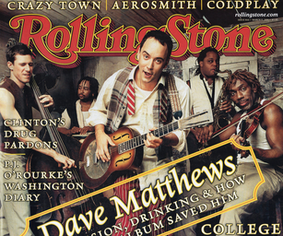 Which is the more fascist effort? Adams consciously endeavored to create a fascist artifact of "label rock," and he certainly succeeded. But you could certainly make the argument that his record, while fascist on his face, was an arch anti-fascist commentary. Everyday doesn't get to hide within the safe cocoon of snideness; the label said jump, and Dave said how high. When you think of the way DMB repurposed the tropes of their old, organic work -- the crunchy Rolling Stone cover, the crowd-chant of "Everyday" -- you're left with the inescapable sense of dread that characterizes all the best fascist music. So while Rock N Roll hits more fascist notes in the absence of context, when you do consider context, as you must, Everyday is the more fascist record. Full disclosure: Rock N Roll is one of my favorite records by any artist ever. I like Everyday a lot, too. 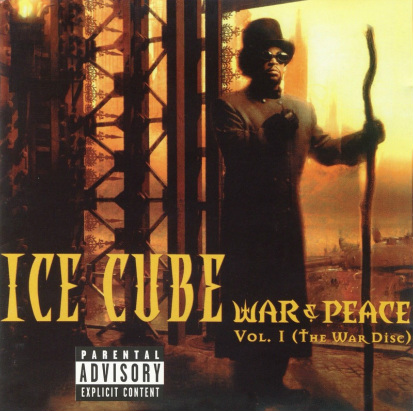 In this grim and bizarre image, Cube is styled as a top-hatted (!), cassocked ruler of a dystopian hellscape. A tank rumbles through the smoky ruins of a city, presumably commissioned by Cube to polish off the survivors. Cube, meanwhile, is insulated from the madness in some kind of iron structure that nonetheless boasts the ornate trim befitting a ruler of some kind. Cube holds a staff, crucial for the works he'll conduct as leader of this post-apocalyptic world, and with his right hand offers some sort of Illuminati salute. To top everything off, this CD cover is "3D," in the late-1990s sense of "tilt this CD back and forth, and you will perceive motion." In 1998, this packaging was neither modern nor particularly impressive, but it was expensive and maximalist. You wouldn't be crazy to consider this to be "peak CD cover." Ironically, Cube's persona on the album is the opposite of this totalitarian figure. The same bleak, fascistic atmosphere prevails, but Cube's role is that of a quasi-revolutionary on the run, working shadowy angles to defeat his enemies. With the dubiously valuable assistance of his sidekick Mr. Short Khop, Cube talks surreptitiously on cell phones, gets crippled by an assassin's bullet, and eventually slinks around the United States attempting to avoid extradition. Sure, he enjoys good moments smoking marijuana in the Hotel Niko sauna and owning "a mansion and a yacht," but he is not the solemn power figure of the cover. Maybe the cover is meant to represent Cube's successful fate following the events of the album. If so, it's a poignant reminder that deposing fascism often leads to nothing but more of it. |
What is fascist music?In Dave Marsh's 1979 review of Queen's Jazz, he wrote, "Indeed, Queen may be the first truly fascist rock band." No other word so neatly expresses supremacy of the powerful and devaluation of the individual. Archives
August 2022
Categories
All
|
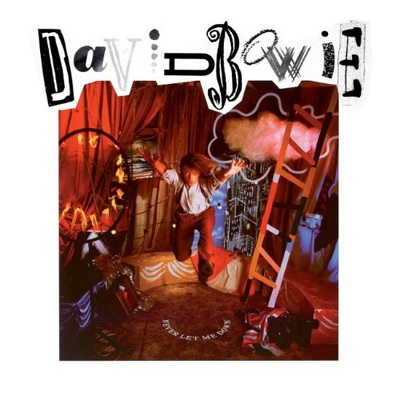
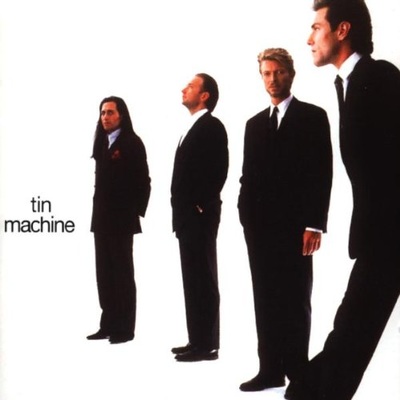
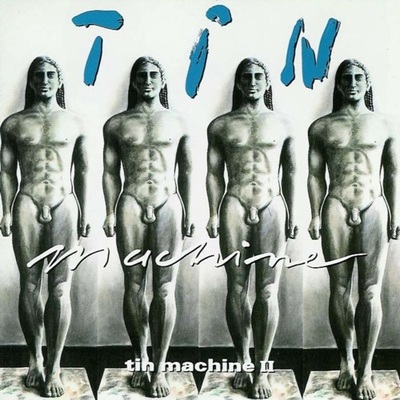
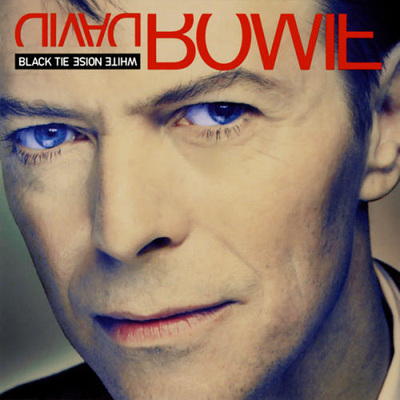
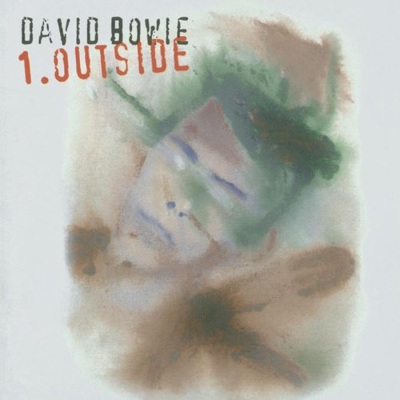
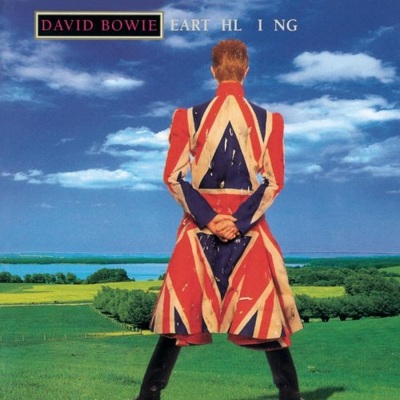
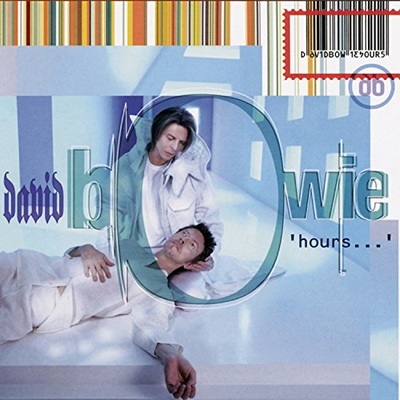
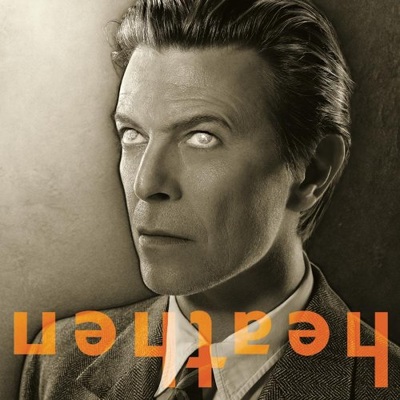
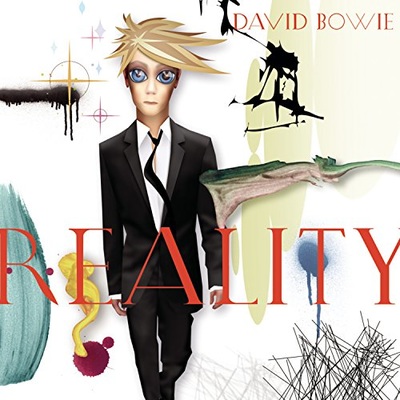
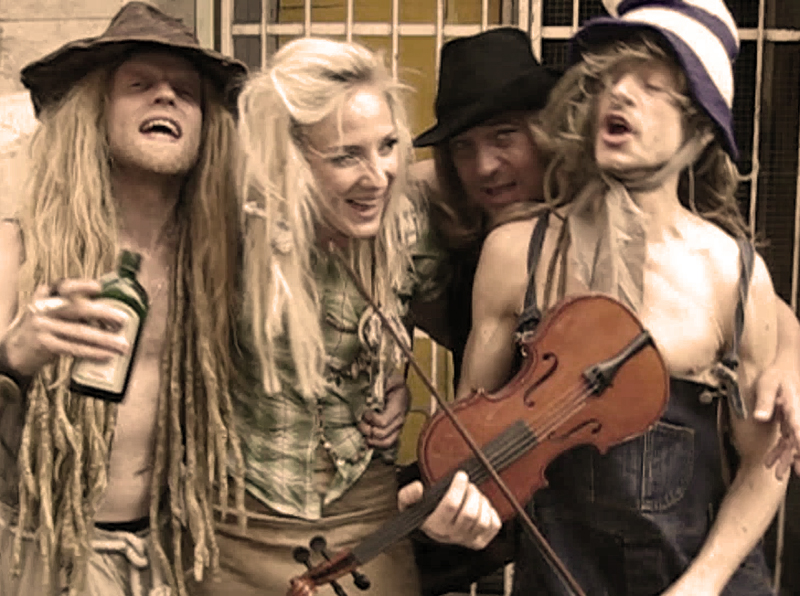
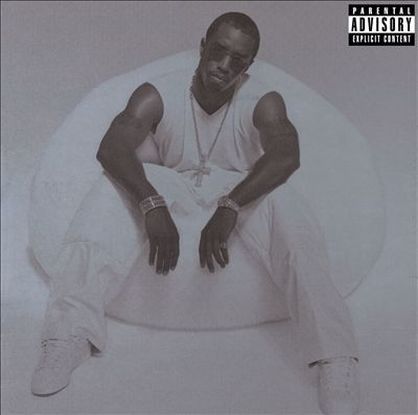
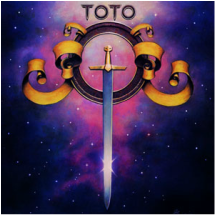
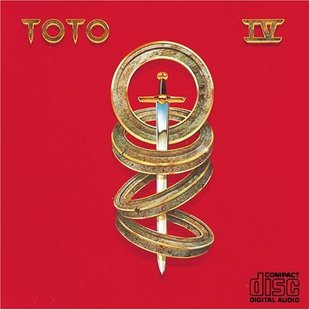
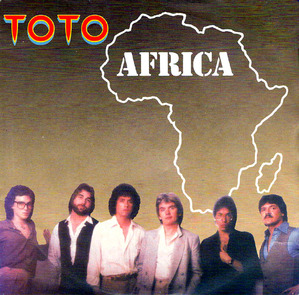

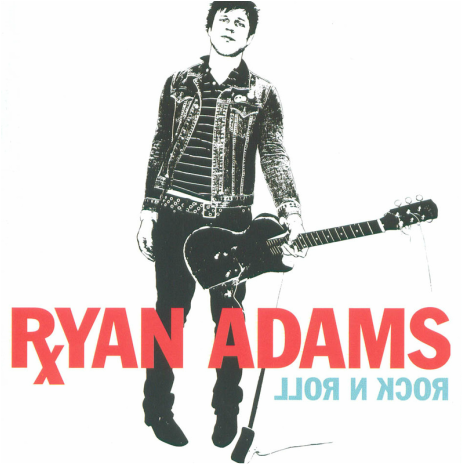
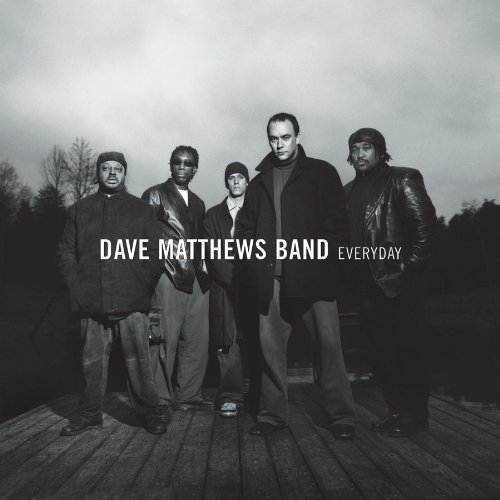
 RSS Feed
RSS Feed
